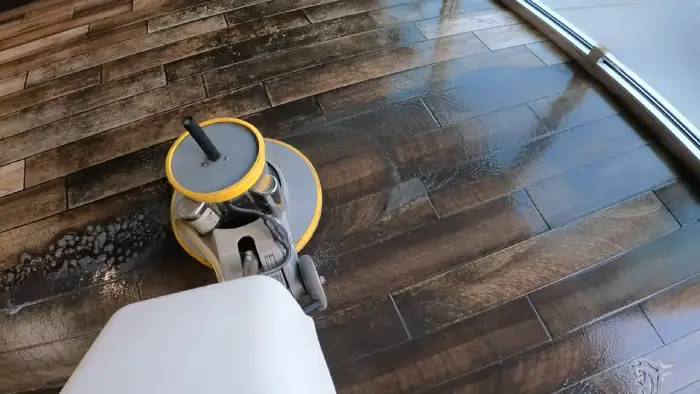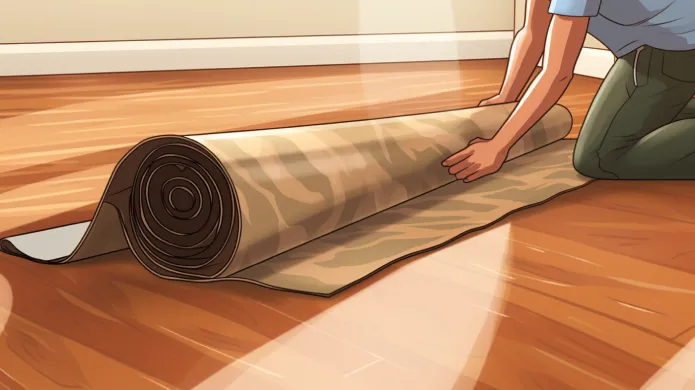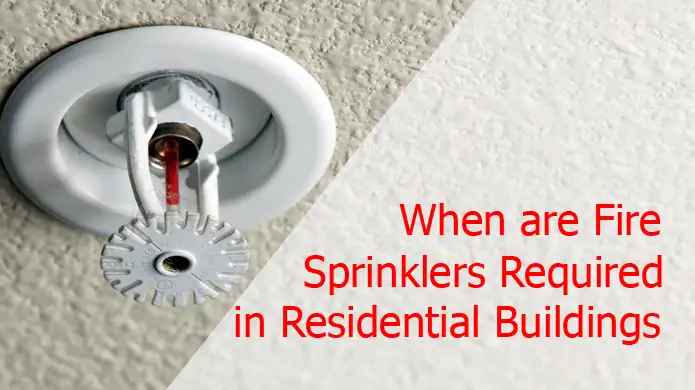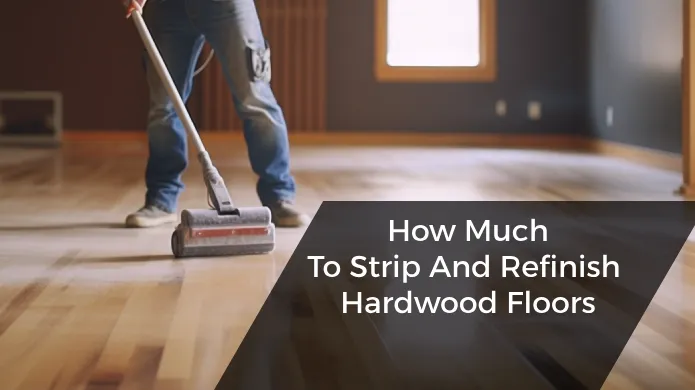How To Clean Greasy Hardwood Floors: 3 Methods [Working]
Hardwood floors can add an elegant touch to any home but require proper upkeep to maintain their beauty. One common issue many homeowners face is the build-up of greasy residue on their hardwood floors. Unfortunately, if left untreated, this buildup can become hazardous, causing floors to become slippery and unsafe.
Not to mention, greasy residue can mar the appearance of your once-gorgeous floors. Luckily, there are several methods you can try to tackle this problem. Vinegar, dishwashing liquid, or mineral spirits can clean greasy hardwood floors and leave them fresh.
Let’s find out how to bring your hardwood floors back to their former glory with these simple and effective methods for removing stubborn grease and grime.
How to Clean Greasy Hardwood Floors: The Right Way
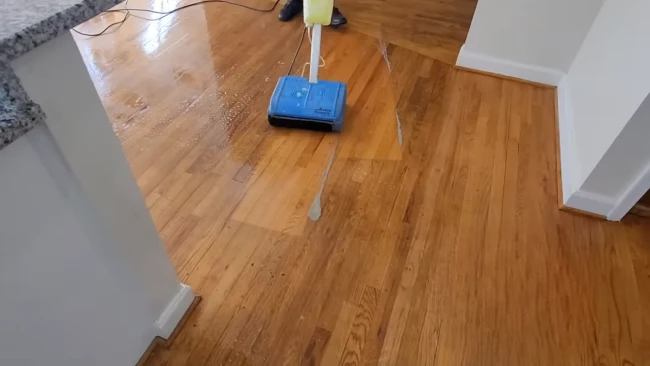
Maintain the beauty and safety of your hardwood floors by cleaning off greasy residues regularly. Don’t let grime build up and cause slipping hazards. Learn some easy methods for removing grease from hardwood floors.
Method 1: Using Vinegar:
The acetic acid in vinegar can break down stubborn grease. To use this method, follow these steps:
What you will need:
- A bucket of warm water
- White vinegar
- A washcloth or mop
Steps to follow:
- To begin, mix equal parts white vinegar and warm water in a bucket.
- Dampen a clean washcloth in the solution, ensuring it is not dripping wet.
- Next, apply the damp washcloth to the greased area and gently rub in a circular motion to avoid spreading the grease.
- Avoid putting too much weight on the washcloth to prevent scratching the floor’s finish.
- If needed, repeat the process using a new, clean washcloth.
- Once the greasy area has been cleaned, wipe the area dry with a clean washcloth to remove any residue.
2. Using Dishwashing Liquid:
Another option to consider to clean greasy hardwood floors effectively is using dishwashing liquid.
To get started, What you will need:
- A bucket of warm water
- A quarter cup of dishwashing liquid
- A mop
- A clean cloth
Steps to follow:
- Start by mixing a solution of dishwashing liquid and warm water in a spray bottle.
- Shake the bottle well to ensure that the solution is mixed properly.
- Mist the solution onto the greased area, but avoid excessive spraying to prevent damage to the hardwood floor.
- Let it sit for 5 minutes before gently rubbing the area with a washcloth in a circular motion.
- Apply gentle pressure to avoid scratching the floor’s finish.
- Repeat the process if needed with a new washcloth each time.
- Wipe the area dry with a clean washcloth and ensure no residue is left on the floor.
3. Using Mineral Spirits
Easily eliminate stubborn grease and grime from your hardwood floors with the power of mineral spirits.
What you will need:
- Mineral spirits such as thinner
- Washcloth
Steps to follow:
- To begin, dampen the cloth with the mineral spirit and gently rub the washcloth on the grease stain.
- Avoid saturating the wood and to reapply the spirit as needed.
- Once the cleaning process is complete, ventilate the area to dry any excess spirits.
What Causes Greasy Residue On Hardwood Floors?
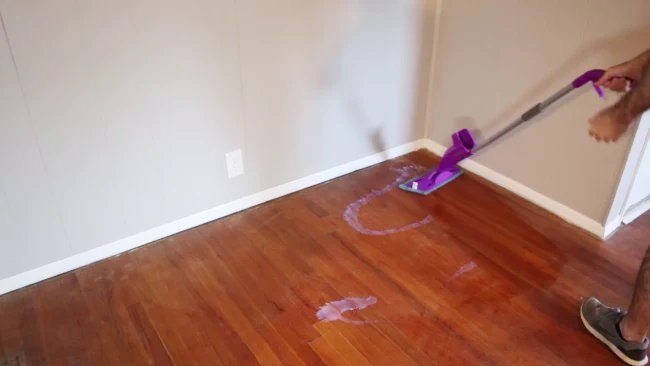
The accumulation of oily substances on wooden surfaces is the result of various factors, including cooking oils, pet residues, and cleaning products. Greasy residue on hardwood floors can be unsightly and difficult to remove if not addressed properly.
Here are some common causes of greasy residue on hardwood floors:
- Cooking oils and grease from the kitchen can be carried onto the floor.
- Residue from cleaning products or wax buildup can also contribute to greasiness.
- Pets tracking in oils or greasy substances from outside can leave residue on the floor.
- Grease can be left behind from improper mopping techniques.+
- Humidity and moisture in the environment can attract dirt and dust particles, which can mix with oil to create a sticky residue.
Identifying the underlying cause of the greasy residue is important to clean hardwood floors effectively. For instance, if the residue is due to cooking oils, it may require a different cleaning method than if it is from pet residues.
How often should you clean the greasy hardwood floors?
Maintaining the integrity and cleanliness of your hardwood flooring requires a regular cleaning schedule. The frequency of cleaning is determined by the level of foot traffic and the presence of oily residue.
If you have a busy household with children and pets, your hardwood floors will accumulate more dirt and grease than a quieter home. Therefore, you may need to clean your floors more frequently.
Cooking with oils or frying foods will cause grease buildup on your hardwood floors. In this case, cleaning your floors regularly is important to prevent damage.
Is it okay to clean greasy hardwood floors with water?
Some may think water alone can do the trick, but this is not always true. Using water alone may not be enough to remove the grease and can even cause damage to the hardwood.
Water can cause the hardwood to swell and warp, leading to further damage. Additionally, while water may be able to remove some dirt and grime, it’s not effective at removing grease.
Using a cleaning solution that’s specifically designed for hardwood floors is crucial in removing greasy residue.
These solutions are formulated to remove grease without damaging the hardwood.
When cleaning greasy hardwood floors, following the manufacturer’s instructions for the cleaning solution is important. Diluting the solution too much can weaken its effectiveness while using too much can leave a residue on the hardwood.
Do steam cleaners work on greasy hardwood floors?
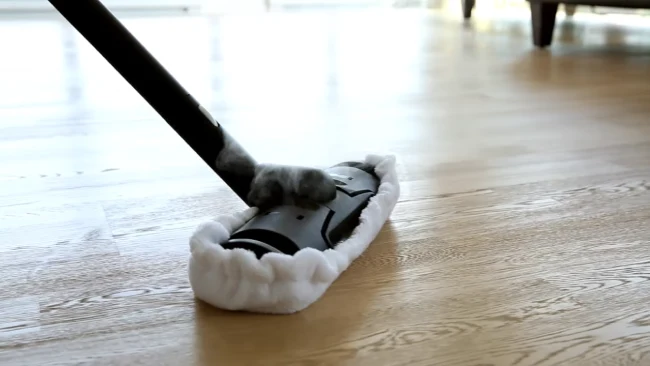
Using steam cleaners on hardwood floors can cause irreversible damage and warping. So it’s important to consider alternative cleaning methods for removing grease.
Although steam cleaners seem to clean greasy hardwood floors, they can cause cracks and warping if there’s too much moisture and heat. Also, steam cleaners can damage hardwood floors by breaking down the protective finish, leaving them vulnerable to spills, scratches, and other wear and tear.
Effortlessly Banish Greasy Residue from Your Hardwood Floors
Greasy residue on hardwood floors is a common problem stemming from cooking oil spills, pet accidents, and foot traffic. However, cleaning greasy hardwood floors doesn’t have to be difficult. It’s important to avoid using water and steam cleaners, as they can damage the wood and cause swelling.
Instead, use a cleaning solution like mineral spirits, dishwashing liquid, or vinegar for hardwood floors. Regular maintenance, including vacuuming and sweeping, is key in preventing buildup and protecting the wood from damage.
By following these simple steps, you can keep your hardwood floors looking clean and beautiful for years.

